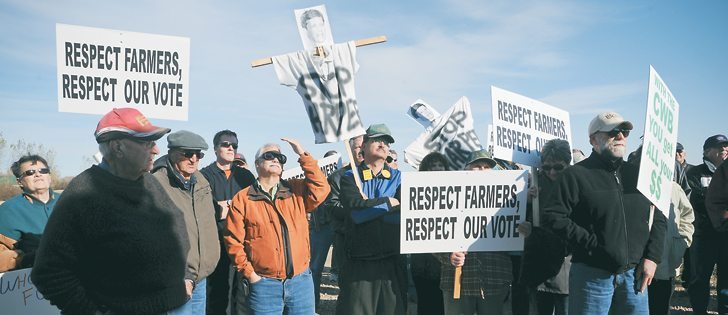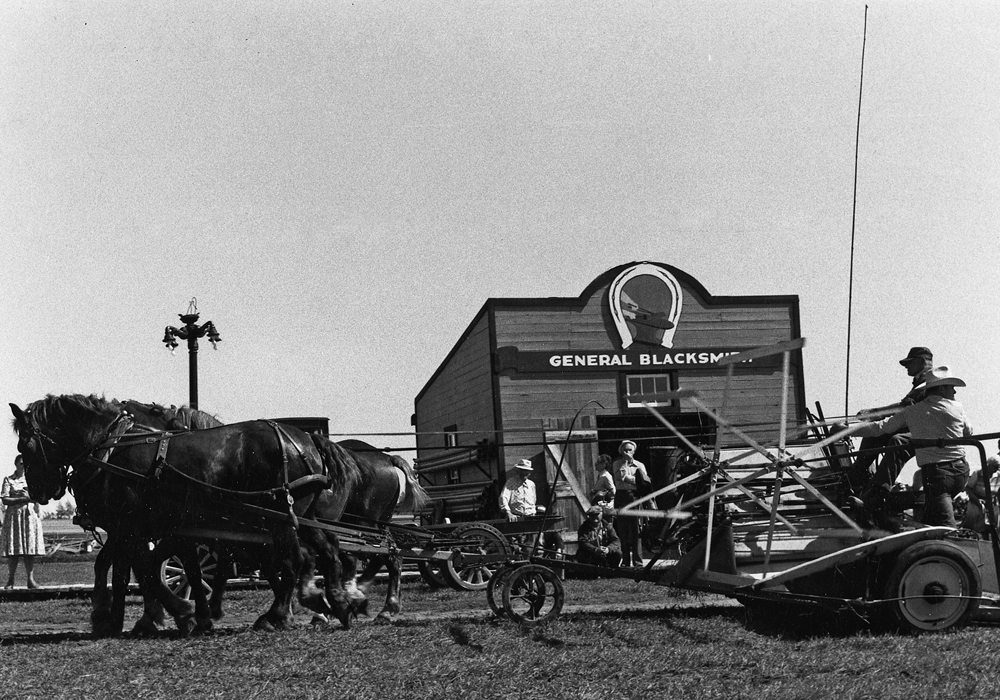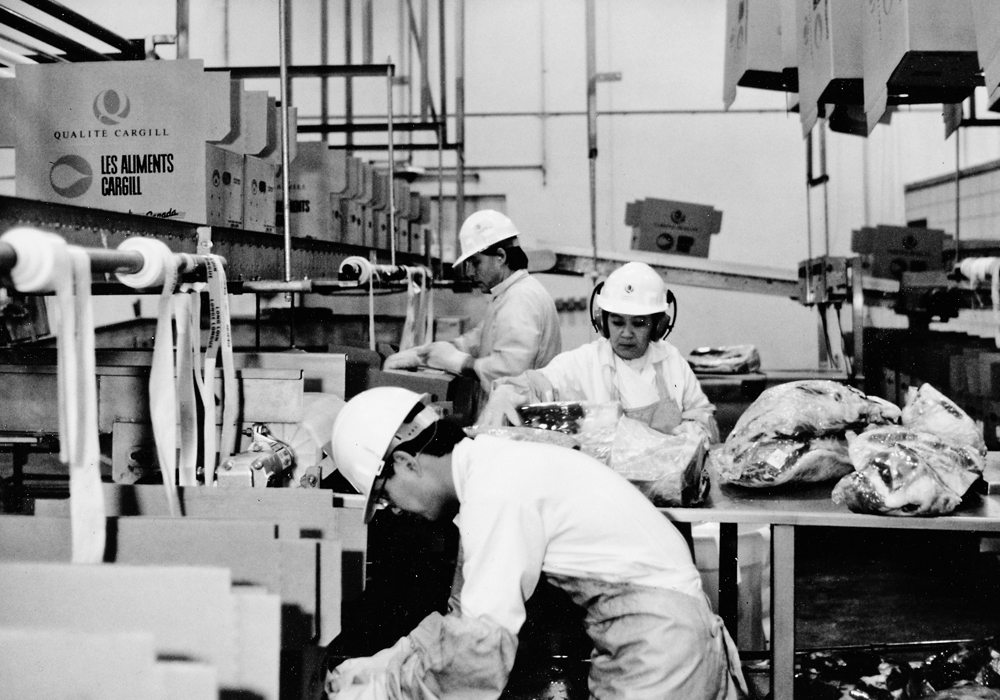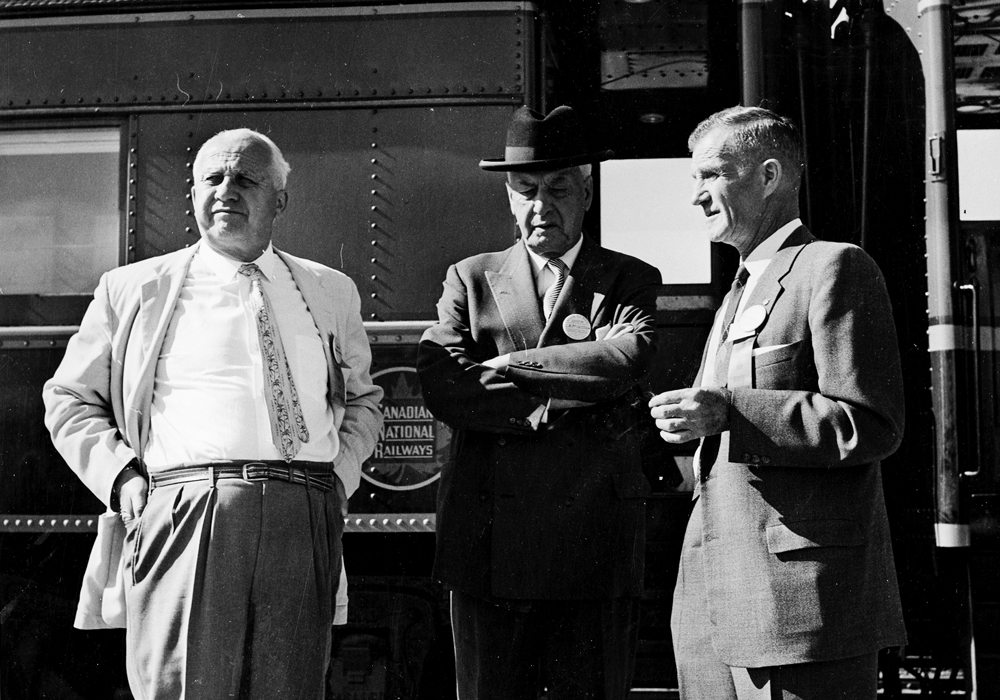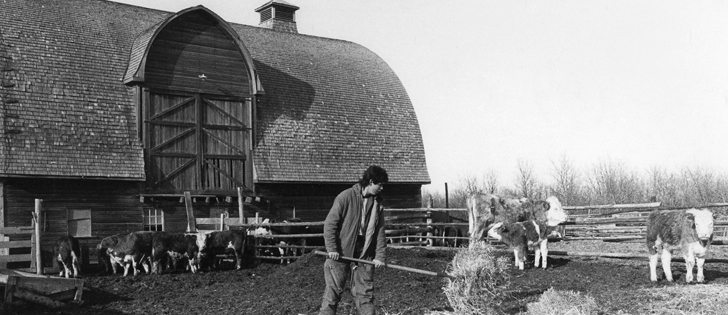The Western Producer takes a weekly look at some of the stories that made headlines in issues of the paper from 75, 50, 25 and 10 years ago.
75 years ago: Jan. 30, 1941
Everyone seemed to be getting along when representatives of the Canadian Federation of Agriculture met with the full federal cabinet to present its recommendations for a co-ordinated national agricultural policy and an immediate substantial increase in farm income.
Prime minister McKenzie King said the CFA’s presentation “could not have been made in a finer spirit,” and agriculture minister J.G. Gardiner agreed that farm prices should be higher all along the line.
Read Also

Farmer ownership cannot be seen as a guarantee for success
It’s a powerful movement when people band together to form co-ops and credit unions, but member ownership is no guarantee of success.
The Saskatchewan Cattle Breeders’ Association asked the provincial government to introduce legislation to prevent the foreclosure of mortgages on farms for the duration of the war and to stop interest payments on farm indebtedness until prices improved.
50 years ago: Jan. 27 1966
Federal agriculture minister Joe Greene had some explaining to do after blasting the Canadian Pacific Railway for what he called a boxcar shortage that was delaying grain shipments. CPR brass met with government officials in what was described as a frosty meeting, and finance minister Mitchell Sharpe didn’t appear interested in defending his cabinet colleague, saying it was not correct to claim that any part of the transportation system had broken down.
The federal government an-nounced in its speech from the throne that it planned to buy out sub-marginal farmers and put their land back into economic use. Establishment of a Canadian dairy commission also made the government’s list of priorities.
25 years ago: Jan 31, 1991
Don Heasman, chief executive officer of Alberta Wheat Pool, argued that merging the three prairie wheat pools was the only way to increase market share. Joint ventures were already in the works, such as AWP and Saskatchewan Wheat Pool’s plans to operate an elevator together and an initiative to combine work at Vancouver and Thunder Bay, but Heasman said a merger was the ultimate step to make the ventures work.
Bruno Schiefer, director of the University of Saskatchewan’s Toxicology Research Centre, said livestock producers of the future may be forced to raise their animals “naturally,” whether they liked it or not. He said naturally raised meat was what “his majesty, the consumer” would demand from producers. “They (consumers) speak in a rather convincing language — money,” Schiefer said.
10 years ago: Jan. 26, 2006
Stephen Harper’s Conservatives came to power with a minority government, ushering in a new era of agricultural politics. “The West has wanted in,” he told a victory rally Jan. 23. “The West is in.”
Canada’s fourth case of BSE was found in a six-year-old cow from Alberta. “The case of course was unwelcome but it is not unexpected,” said Brian Evans, the Canadian Food Inspection Agency’s chief veterinarian.

